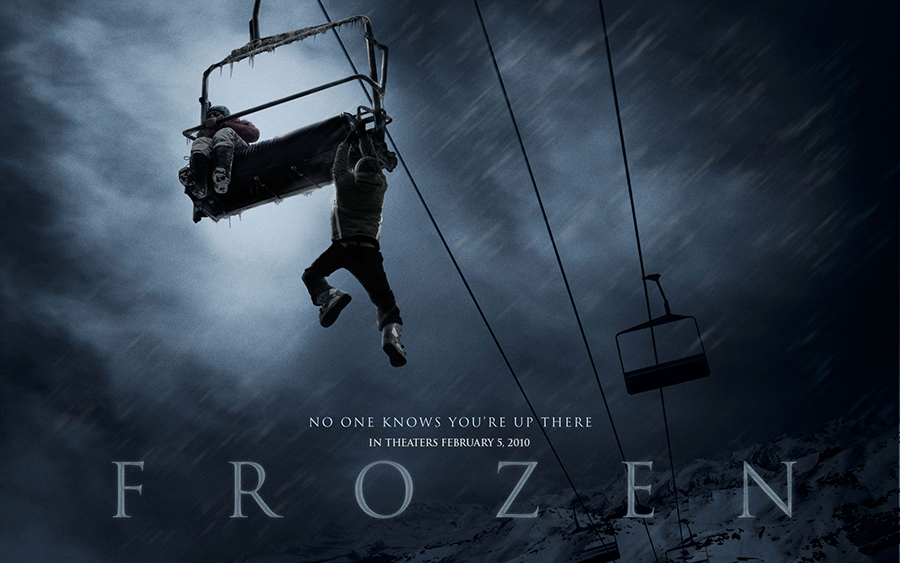My opinion, I don’t like to hear opinions. Please give me the facts and let me draw my own conclusions.
I aaonce asked a deli worker how the lunchmeat ham was made. She answered, “It’s processed.”
Well, opinions are “processed” facts. The facts come in and are run through the grinder of morals, the sorter of pre-held ideas and the blender of influences.
What comes out may look, smell and taste like a collection of facts, but it’s not. Stuff is missing, and stuff has been added. It’s “processed,” and that’s an opinion.
My dislike of opinions is not that we have them but that we would rather share and listen to them than to facts.
Complete facts tell us straight what happened. Opinions only tell us what a person thinks about what happened. If you know what happened, you know what to do. If you know what we think about what happened, you can guess at what to do. And since we live with the consequences of our actions, I pick knowing what to do.
One place our love for opinions shows up is talk shows: financial, political, technology, etc.
Hosts present their opinions and the facts that support them and then discuss why they are right.
After hours of discussion, the audience is not better informed, just well-schooled in the host’s opinion.
But the hosts are not the only guilty ones.
Their audiences encourage that kind of programming by listening without taking the time to find out the rest of the facts before making their own opinions.
This opinion-sharing happens everywhere, including TCC hallways. We are becoming a people who don’t know what’s going on, guessing at what to do. And we have a government run “by the people.” Scary.
How do we end the guessing game?
We shift our focus back to the facts. It’s fine to listen to someone’s opinion. Just go find what they took out of their ham before you form your own opinion.
It’s worth the extra time.




























